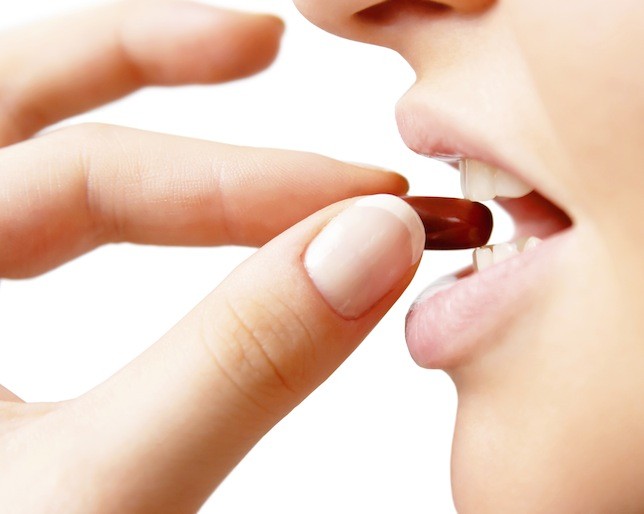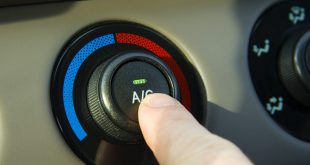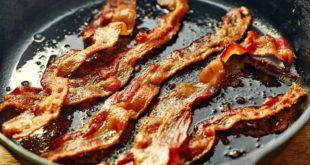
According to scientists from Imperial College London, concentrations ofiron similar to those delivered through standard treatments can trigger DNA damage in the body.
Researchers tested human cells with an iron solution comparable to one tablet and found that the treated cells showed signs of damage within 10 minutes.
According to study author Dr Claire Shovlin, the DNA repair systems of the cells were activated, and remained activated six hours later.
“All of the body’s cells have DNA repair systems that can fix all sorts of things in cells,’ she said. “But when we added iron, we saw that these systems had to work harder than normal.”
Dr Shovlin and her team chose to focus on iron after reports that a small proportion of people using iron tablets reported side effects.
“It is not yet known whether damage to blood vessels in a laboratory setting would translate to harm to humans’ circulatory system, she said. “But it does indicate that cells are more sensitive to iron than previously thought.”
But Shovlin stressed that prescribed iron supplements are essential for many patients and urged people not to stop taking their tablets. She suggests researchers think carefully about the amount of iron in standard treatments and the effects it could be having on our bodies.
While pregnant women and those with a diagnosed iron deficiency are most likely to benefit from taking iron tablets, always seek medical advice before taking an iron supplement.
And if you need to increase your intake of iron, experts strongly recommended that you make changes to your diet first.
According to nutritionist Kathleen Alleaume, there are two types of iron: haem iron (found in flesh foods, such as red meat, chicken and fish) and non-haem iron (found in plant foods, such as wholegrain breads, iron-fortified breakfast cereals, eggs, legumes and some vegetables).”
Haem iron is absorbed four to five times more easily than non-haem iron, but the absorption of non-haem iron is three times greater when foods containing vitamin C are eaten at the same meal. Vitamin C-rich foods include oranges, kiwifruit, berries, tomatoes, capsicum and broccoli.
Diets that include two serves of fruit and five serves of vegetables a day should provide enough vitamin C to boost non-heam iron absorption.
But there are foods that inhibit iron absorption, such as calcium supplements, tea and coffee. So Alleaume recommends eating more brightly coloured fruits and vegetables with meals and to avoid drinking tea or coffee with meals or taking calcium supplements at the same time as eating iron-rich foods.
Source: RapidHomeRemedies
 We are sharing information for knowledge. Presented by. SocialDiary.Net
We are sharing information for knowledge. Presented by. SocialDiary.Net



